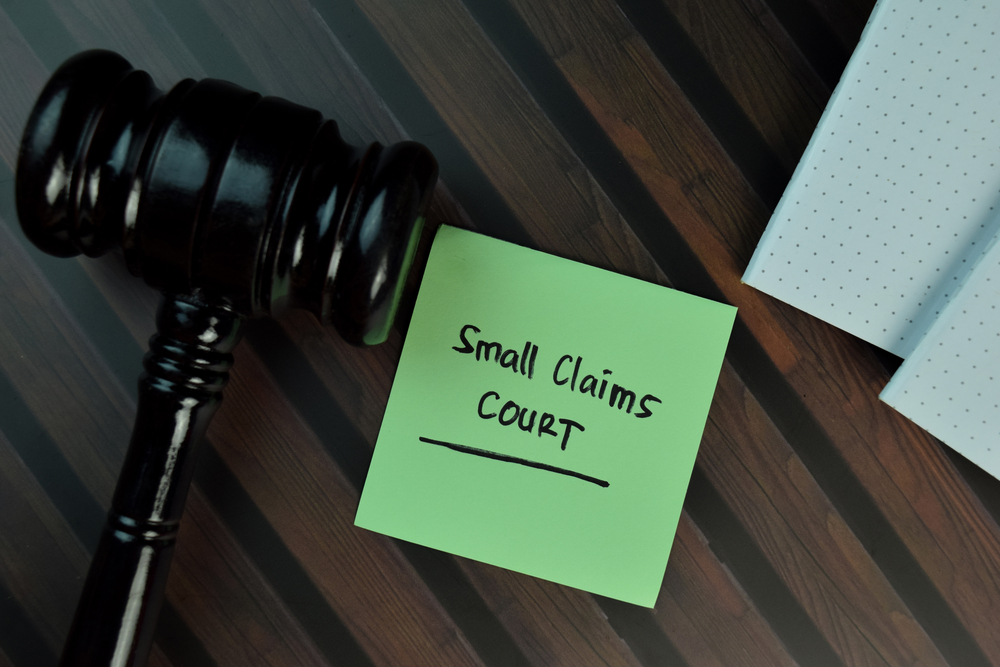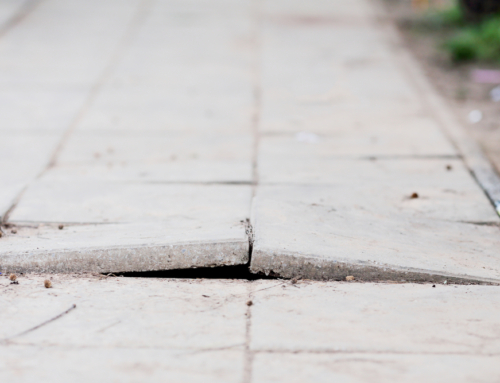Small claims courts are subordinate courts that allow individuals to quickly and efficiently resolve disputes, often without expensive legal representation. It is commonly used for cases involving property damage, contract breaches, business disputes, defective products or unsatisfactory services, and disputes between landlords and tenants, such as fraud, accidents, personal injuries, and unpaid debts. The small claims courts in the Orlando area are extremely busy, with thousands of new cases filed per day. This is proof enough that filing a claim at small claims court is incredibly easy and straightforward. Indeed, you can file your small claim by following these simple steps:
Submit Paperwork
You must present the right documents at the court for your case to be considered. Therefore, it would be best if you visited your county clerk’s office to get these documents and inform them of your intention to file a small claim. The clerk will provide filing papers so you can give information touching on the case. The required details include your name, the name of the defendant(s), and the amount you are seeking. Giving an incorrect name and address to the defendant can lead to the dismissal of your case.
Lastly, you will need to pay court fees to cover the costs of processing your claim. The costs vary across counties, but the average fee is $80.
Notify the Defendant
In civil cases, the plaintiff must notify the defendant soon after they file the case. The process is known as “service of process” and must be done through verifiable means like certified mail or a state-licensed notary. Your lawsuit will commence only after the defendant has been successfully served. After confirming the same, the court will set a pre-trial hearing or trial date.
Attend Court Sessions
The pre-trial hearing is the first and most crucial stage of any case at small claims courts. Most courts even make it mandatory for both parties to attend the hearings. At the pre-trial hearing, the court seeks to set rules and timelines and identify and resolve any administrative issues that may hamper the successful conclusion of the case. No witnesses are allowed, but you can bring any documents you need to support your case. It is also possible to negotiate with the other party during and after the pre-trial hearing and proceed with an out-of-court settlement.
Wait for the Court’s Decision
Once both parties present their arguments, the presiding judge will make their final judgment on the issue. If either party is unsatisfied with the court’s decision, they can appeal. But unlike the small claims trials, appeals are tried like other cases and require strict adherence to the rules of evidence and procedure.
Are you in need of a personal injury attorney in Orlando, Florida? Contact us today for a consultation.








